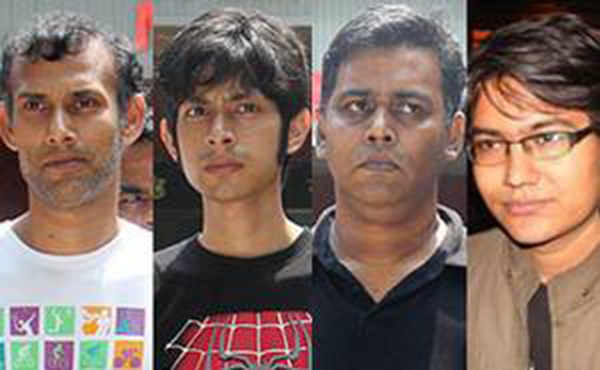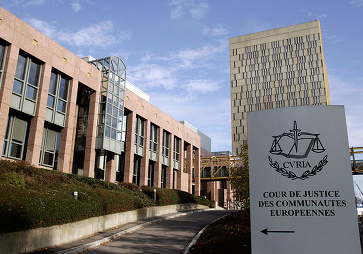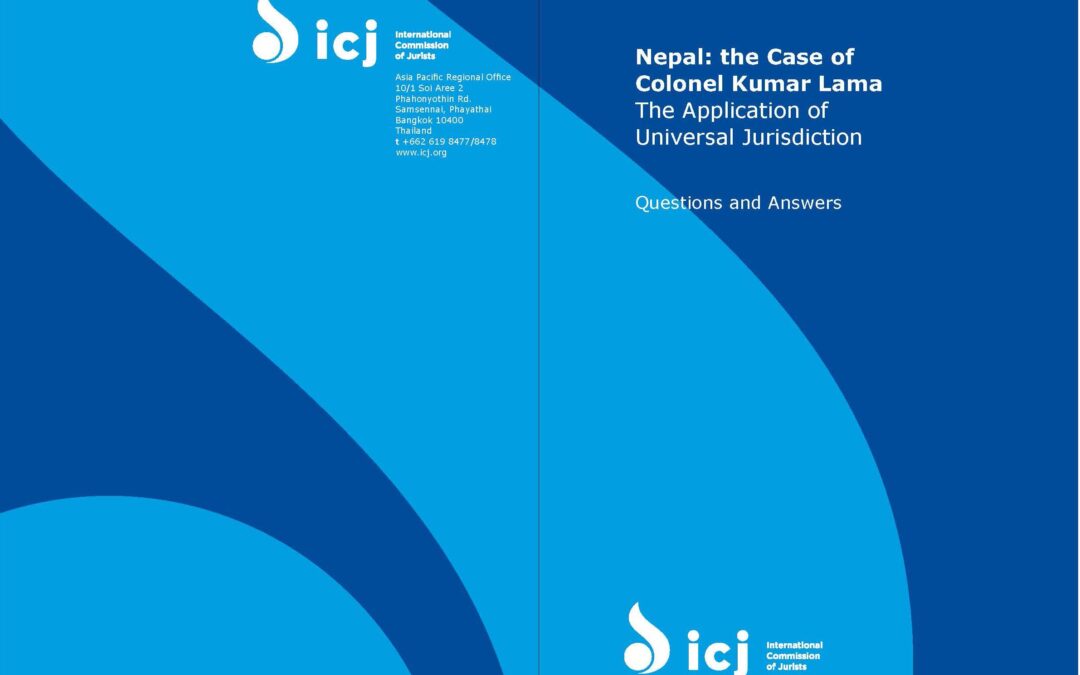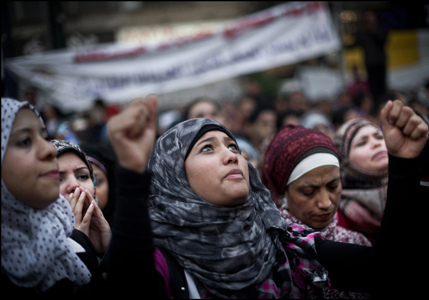
Nov 20, 2013
The Bangladesh Government must repeal or amend the newly amended Information and Communication Technology (ICT) Act because it is being used to assault freedom of expression and freedom from arbitrary detention, the ICJ says.
The ICT Act, as amended on 6 October 2013, has been used to arbitrarily detain Nasiruddin Elan, Director of prominent human rights organization Odhikar, who was denied bail by the cyber crimes tribunal on 6 November 2013.
His appeal to the High Court division of the Supreme Court has been set for 24 November 2013.
Adilur Rahman Khan, Odhikar’s Secretary, has also been charged under the ICT Act.
The Government has accused the two of deliberately distorting the number of protestors killed in a police crackdown on the Islamist party, Hefazat-i-Islam, in May this year.
“The original ICT Act already served to undermine human rights, but the new amendments make the law nothing short of draconian”, said Sam Zarifi, ICJ’s Asia director. “The Government has used the newly amended Act to try to silence peaceful critics and civil society like Odhikar, in clear violation of international law.”
In a briefing paper issued today (see below), the ICJ analyzes the Information and Communication Technology (amendment) Act, 2013, and points out its serious deviations from international law, including: the amendments make many offences under the Act non-bailable; they allow the police to make arrests without a warrant; they impose a severe minimum prison sentence of seven years for offences under the Act; and they increase the maximum penalty for offences under the law from ten to 14 years’ imprisonment.
Provisions of the original ICT Act, particularly section 57, are also incompatible with Bangladesh’s obligations under Article 19 of the International Covenant on Civil and Political Rights (ICCPR), which Bangladesh ratified on 6 September 2000: the offences prescribed are vague and overbroad; the restrictions imposed on freedom of opinion and expression go beyond what is permissible under Article 19(3) of the ICCPR; and the restrictions are not necessary and proportional to achieve a legitimate purpose.
“The overbroad, vaguely defined offences combined with disproportionate penalties stifle public discourse, especially any criticism of the Government,” Zarifi added. “With elections coming up, it is crucial to defend the right to freely express opinions and exchange views—something the ICT Act seeks to restrict.”
Mahmudur Rahman, acting editor of a Bengali newspaper critical of the Government, has also been arbitrarily detained under the Act for publishing transcripts of a Skype conversation between former International Crimes Tribunal Chairman, Justice Muhammad Nizamul Huq, and a Bangladeshi legal expert, Ahmed Ziauddin.
The records revealed information casting doubt on the independence of the International Crimes Tribunal.
Four bloggers (photo), Asif Mohiuddin, Subrata Adhikari Shuvo, Moshiur Rahman Biplob and Rasel Parvez, are also facing trial under section 57 of the ICT Act for allegedly making derogatory comments about Islam and ‘hurting’ religious sentiment.
“The amended ICT Act reflects a further attack on the rule of law and respect for human rights in Bangladesh,” said Zarifi. “The Government must immediately take steps to either repeal the Act or to modify it in line with international law and standards.”
Contact:
Sam Zarifi, ICJ Asia-Pacific Regional Director, (Bangkok), t: +66 807819002; email: sam.zarifi(a)icj.org
Ben Schonveld, ICJ South Asia Director, (Kathmandu), t: +977 14432651; email: ben.schonveld(a)icj.org
Reema Omer, ICJ International Legal Advisor, (Lahore), t: +923214968434; email: reema.omer(a)icj.org
Bangladesh-ICT Brief -Advocacy-Analysis brief-2013 (full text in pdf)

Oct 2, 2013
Amnesty International and the ICJ comment on the case of three asylum seekers in the Netherlands who say the criminalisation of who they are puts them at risk of being persecuted in their country of origin.
Following Advocate General Sharpston’s Opinion in the case of X, Y and Z v Minister voor Immigratie, Integratie en Asiel (C‑199/12, C‑200/12 and C‑201/12) pending before the Court of Justice of the European Union, in these observations Amnesty International and the ICJ assert that when the criminalization of same-sex acts or conduct provides the possibility of imprisonment upon conviction it would per se give rise to a well-founded fear of persecution irrespective of evidence of recent enforcement.
Europe-Observations by AI and ICJ on X, Y and Z CJEU-analysis brief-2013 (full text in pdf)
Photo: ec.europa.eu

Sep 30, 2013
The ICJ has issued a briefing paper explaining the international legal issues and underlying political context of the case against Nepali Army officer Colonel Kumar Lama in a Question and Answer format.
The case against Nepali Army officer Colonel Kumar Lama, arrested in the United Kingdom on allegations that he was responsible for torture in Nepal, will come before the UK criminal court on 21 October 2013.
“This decision has far reaching implications, not only for the victims in this case but for all victims of torture around the world seeking justice,” said Sheila Varadan, ICJ Legal Advisor for South Asia.
Colonel Kumar Lama was arrested on the morning of Thursday, 3 January 2013 in the UK while he was on leave from his duties as a United Nations Peacekeeper in Sudan.
Exercising the principle of universal jurisdiction, Colonel Lama was charged with two counts of committing torture under Section 134(1) of the Criminal Justice Act 1988 in the United Kingdom.
“This is the first time the UK courts are seriously considering the principle of universal jurisdiction since the Augusto Pinochet case,” Varadan added.
The charges are based on allegations that Colonel Lama participated in the torture of two Nepali detainees in 2005, at the height of Nepal’s decade-long internal armed conflict.
“The case comes at a time when ongoing impunity is causing serious political instability in Nepal and calls for transitional justice mechanism continue to go unheard,” Varadan said.
CONTACTS
Sheila Varadan, ICJ South Asia Legal Adviser (Bangkok), t: +66 857 200 723 (mobile); email: sheila.varadan(a)icj.org
Ben Schonveld, ICJ South Asia Director (Kathmandu), t: +9779804596661 (mobile); email: ben.schonveld(a)icj.org
Nepal-LAMA Case Q & A -advocacy-analysis brief-2013 (full text in pdf)

Jun 19, 2013
The ICJ issues this brief analysis of international standards regarding grounds and procedures for disciplinary action against lawyers in CIS countries.
It is published in response to a pattern of disbarment or suspension of lawyers on improper grounds, in CIS countries.
It outlines the international standards on the role of lawyers; guarantees for the functioning of lawyers; and the principles governing disciplinary action.
These standards reinforce the independence of the legal profession and of individual lawyers; they aim to ensure that lawyers can contribute to the fair administration of justice under the rule of law.
The recommendations, at the end of the document, are based on the legal analysis. They aim to provide guidance for national bar associations and the relevant state bodies.
CIS-icj opinion lawyers discipline law-advocacy-analysis brief-2013-eng (full text in pdf)
CIS-icj opinion lawyers discipline law-advocacy-analysis brief-2013-rus (full text in pdf)

Dec 14, 2012
 The ICJ today expresses its grave concern regarding the draft Constitution and the constitutional referendum to be held on 15 December 2012 and 22 December 2012.
The ICJ today expresses its grave concern regarding the draft Constitution and the constitutional referendum to be held on 15 December 2012 and 22 December 2012.
The ICJ calls upon the Egyptian authorities to ensure the right of Egyptians to fully participate in the constitution-making process in pursuit of their democratic aspirations.
In a new legal briefing paper, the ICJ analyses key provisions of Egypt’s draft Constitution in light of international human rights and rule of law standards.
“The draft Constitution falls short of international standards, including those concerning the accountability of the armed forces, guaranteeing the independence of the judiciary, and recognizing universally accepted human rights,” said Said Benarbia, ICJ Senior Legal Adviser of the Middle East and North Africa Program. “Further, in the context of deep political instability, providing only two weeks for the public to consider the draft Constitution undermines the right of all Egyptians to make an informed decision about the basic framework of governance and law for their society.”
While the draft Constitution extends the language of Egypt’s 1971 Constitution on human rights, the definition and scope of several human rights are still inconsistent with Egypt’s obligations under international law, the ICJ says.
The draft continues to subject these rights to the limits of laws, without any reference to the content and scope of these limits and whether or not they are necessary in a democratic society.
Such limitations also undermine the constitutional guarantees for the independence of the High Judicial Council, the Constitutional Court and the office of the Public Prosecutor, the ICJ states.
In addition, the draft Constitution perpetuates the use of military courts to try civilians.
“In light of these shortcomings and the failure of the process to meet international standards of inclusive participation, the draft Constitution should be withdrawn, and sufficient time should be given for the drafting of a new constitution that fully represents the views of all Egyptians,” Benarbia added.
Contact:
Saïd Benarbia, Middle East & North Africa Senior Legal Adviser, ICJ, t +41 22 979 3817; e-mail: said.benarbia(at)icj.org
Egypt-Constitution reform process-Analysis brief-2012 (full text in pdf)
See also Egypt: a flawed constitutional reform process
Photo by Pan African News Wire










